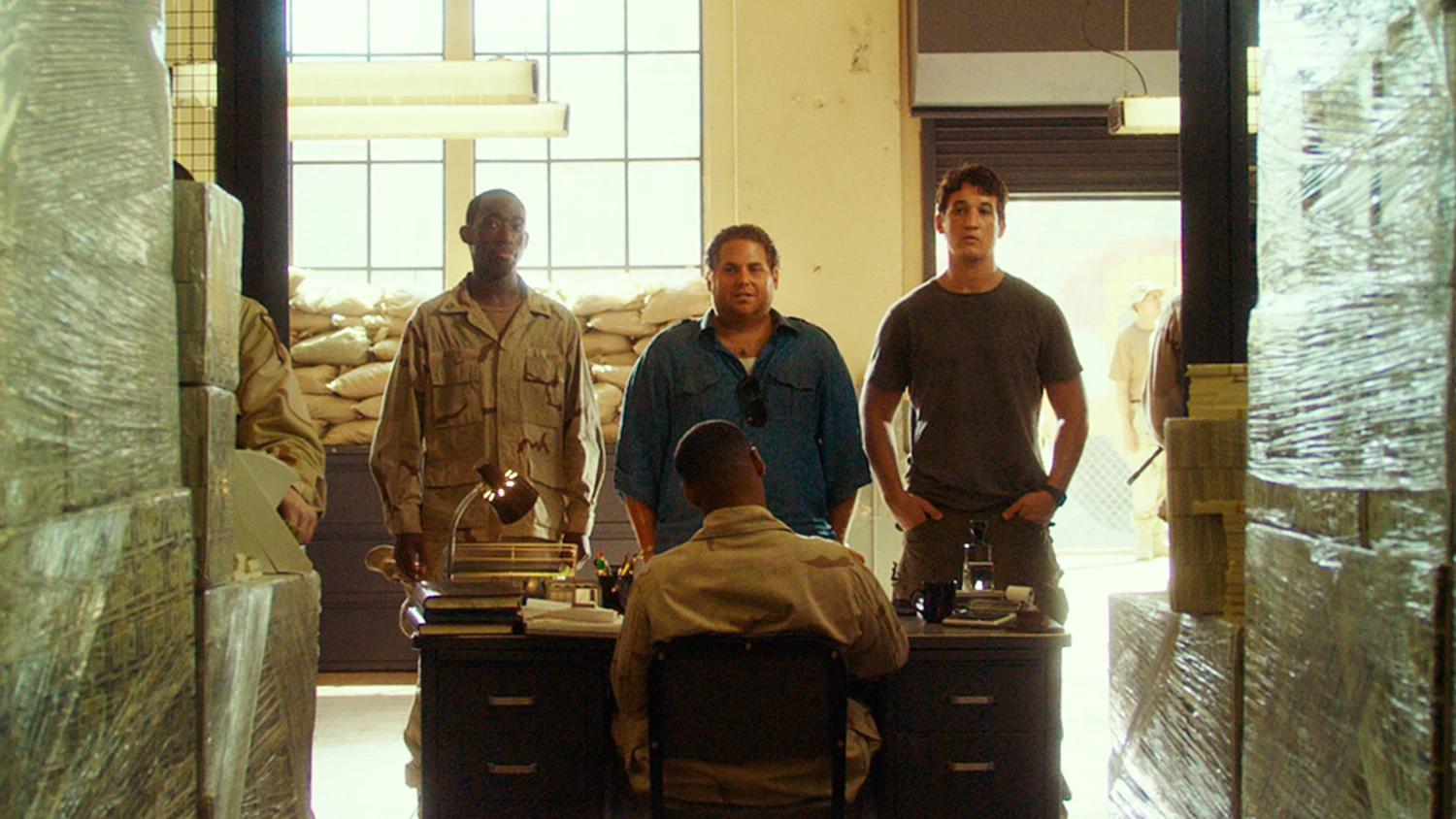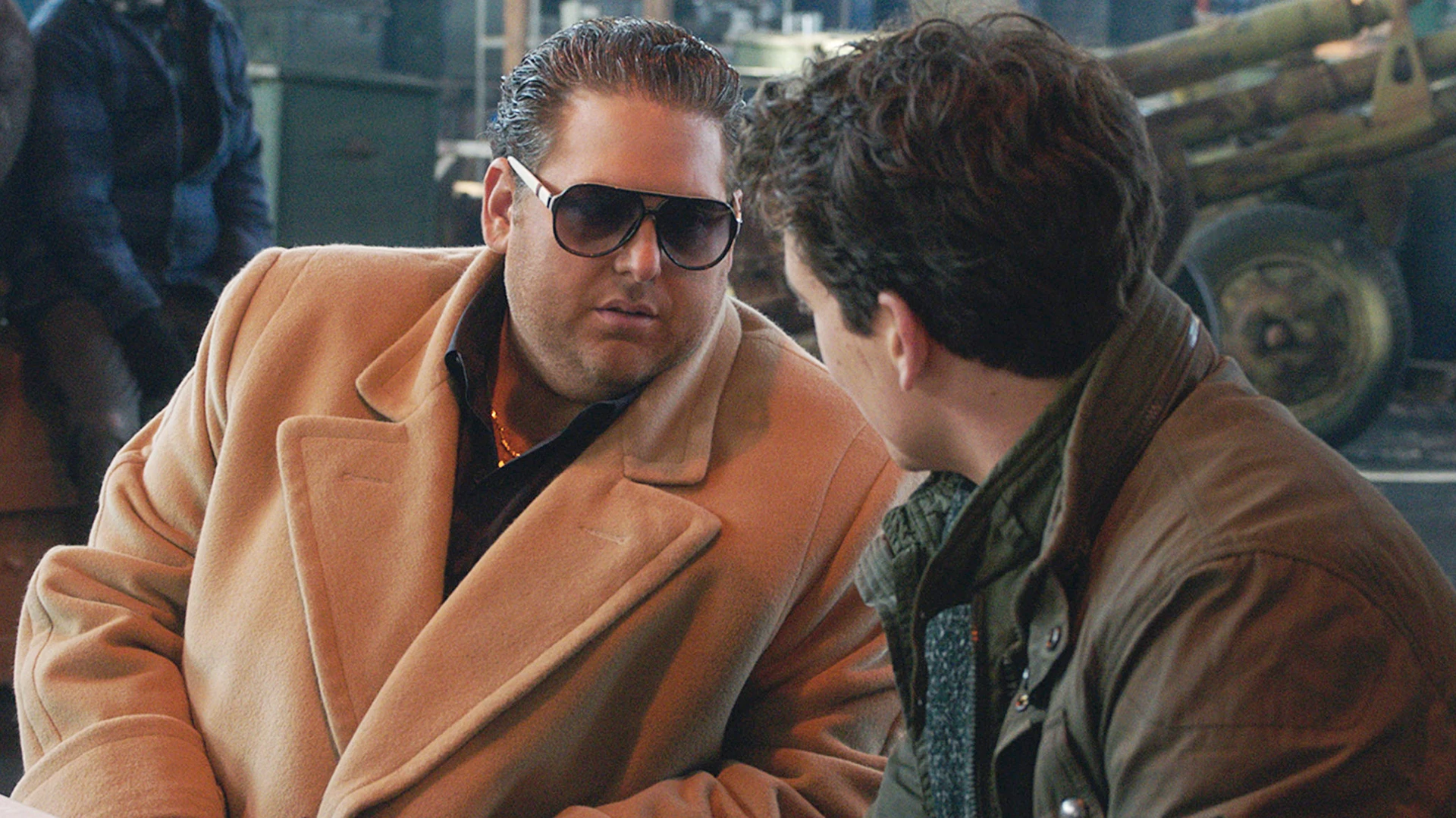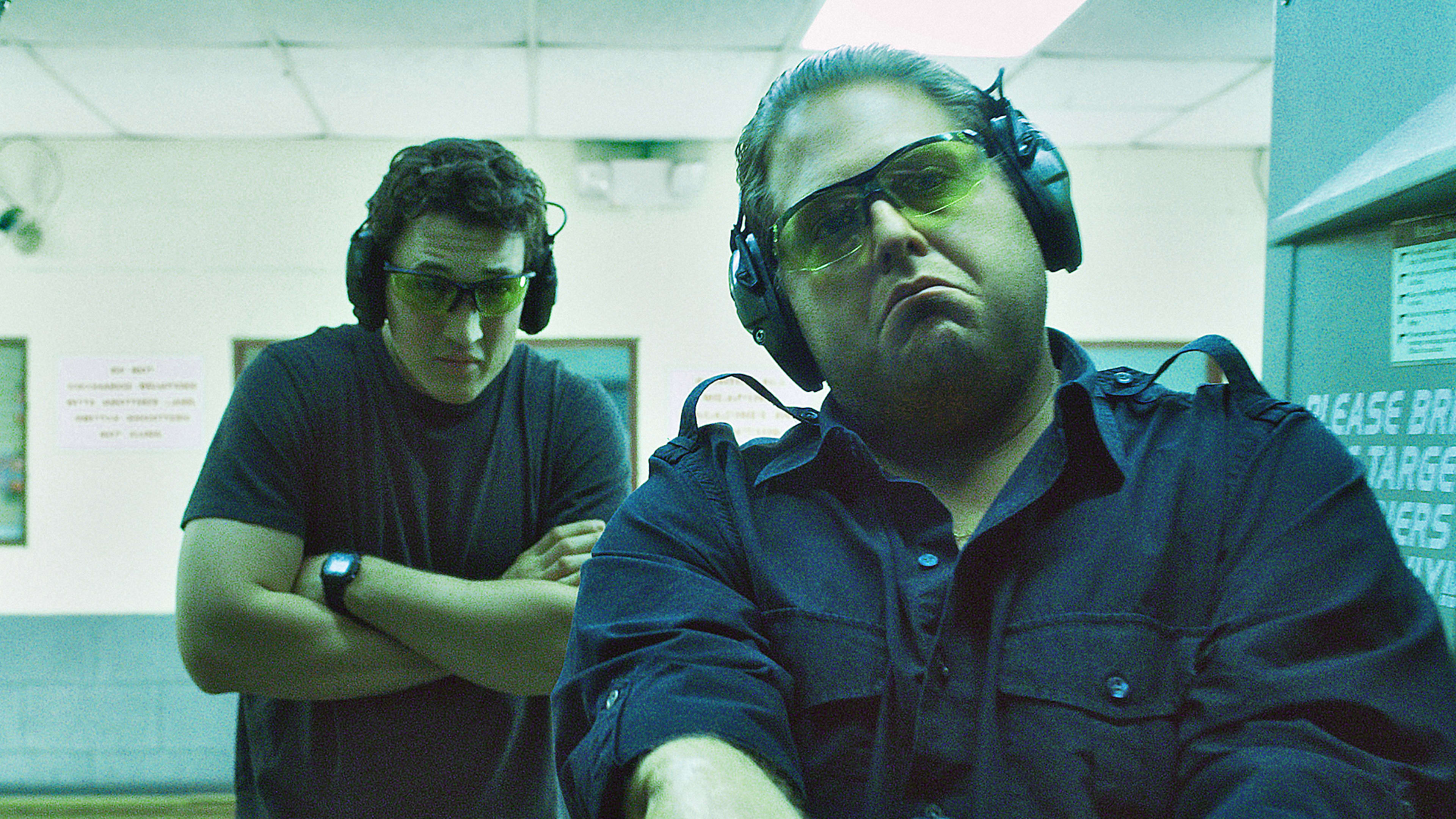Toronto whiz kid Stephen Chin pleased his immigrant parents when he graduated from Yale Law School and landed a prestigious job in Washington, D.C. There was just one problem: Chin didn’t really want to be a lawyer. He wanted to make movies. “Even though I worked for an exalted law firm with high-profile clients, creatively, it sucked,” he says. “My colleagues put their heads down and hoped they’d make partner someday. I guess I could have done that, but I decided to be more entrepreneurial.”
Chin proved his mettle as a self-starter when he quit the law firm, moved to Hollywood, and snuck into war-torn Iraq by dead of night in 2004, determined to acquire life rights to a couple of American impresarios in Baghdad he’d read about in a GQ magazine article. Surviving a drive through the so-called “Triangle of Death,” Chin secured his subjects’ cooperation and wrote I Rock Iraq. That script landed on the 2007 buzz-generating Black List and eventually morphed into War Dogs. Directed by Todd Phillips (The Hangover) and starring stars Miles Teller and Jonah Hill, the story centers on a pair of dope-smoking Florida bros who made a fortune fresh out of high school by selling black market weapons to the U.S. military for use in Iraq and Afghanistan.

Not Taken Seriously
Chin learned to tell offbeat war stories out of necessity. After relocating to Los Angeles, he paid the bills as a contract-savvy film producer but made no headway in his dream job of writing screenplays. “The perception was, if you’re a lawyer you must be tight, closed-minded, and unable to freely associate creatively,” Chin says. “I couldn’t get a manager. I couldn’t get an agent.” And, when he tried to option the article about Americans in Baghdad, he says, “I couldn’t get anyone to take me seriously. I decided if I went to Iraq and got the life rights myself, I’d get a chance to write what I felt was an incredible story about what the occupation really looks like from a ground zero, boots-on-the-ground level.”
Chin’s vivid, eye-witness detail showcased in I Rock Iraq made a big impression on filmmaker Phillips, who was also looking to expand Guy Lawson’s “Arms and the Dudes” GQ article–about twenty-something gunrunners Efraim Diveroli and David Packouz–into a movie. “We had a meeting where I told Todd about being chased across the desert and how my smuggler spoke no English, except ‘petrol free.’ I thought that meant the government gives you free gasoline, but it actually meant there were so many bombed-out trucks and deserted gas stations on the road from Amman, Jordan, to Baghdad that he’d stop and siphon gas along the way. ‘Free’ meant ‘scavenged.'”
The capper, Chin says. “My driver disappeared to siphon gas and I started talking to these guys who turn out to be scouts for the insurgency. I even took their picture, like the dumbass tourist I was. I had no idea! And that’s the moment where Todd was like, ‘I’d be interested in having you think about how you’d tell this War Dogs story as a movie.”

The “Goodfellas” Factor
Chin’s harrowing drive through the desert inspired one of War Dogs‘ central action sequences, but the writer faced a major creative challenge on the character front. The “War Dogs” themselves were not particularly sympathetic. “These guys defrauded the federal government,” Chin says. “They’re convicted felons, one of them went to prison, they did unethical things for purely pecuniary gain, and in some instances bragged about it. That was tricky.”
The solution? Chin says, “I took inspiration from the Goodfellas model. ‘I’m going to take you into a world you’ve never seen before and make it real and compelling and show you what’s fascinating and interesting and cool and also fucked up about it. And I’m going to do that in the context of very real, very flawed, very grounded characters.'”
Chin flew to Miami on his own dime and spent a month getting to know Kachouz and the Jewish community where he was raised. “Hanging out with David I learned about him trying to sell bedsheets to old age homes and just the desperate way he and Efraim were hustling. I start to understand, for them, the classic models of making it in business are dead ends, so they go off on their own and start doing these deals. Like a lot of young entrepreneurs, they cut corners and don’t always tell the truth.”
Chin’s expedition yielded a trove of personal details that would lend emotional heft to the zany narrative. Chin says, “What I took away from hanging out with David is underlying the regret about their mistakes, the arrest, the conviction, and losing all that money–underlying all of that is the fact that these childhood friends lost their friendship forever because of a deep betrayal. That, to me, was the core of the movie.”
Diveroli, currently serving time in a federal penitentiary, did not cooperate with the filmmakers. Chin listened to wiretap evidence at his court sentencing and studied secretly recorded phone conversations uploaded to YouTube. “It was a real window into Efraim’s personality,” Chin says. “He’s a remarkable, larger than life guy, but we felt the audience should experience this world through David’s eyes, because he came into the arms business as a more regular person.”
Research completed, Chin came home and knocked out the script in four weeks.
“For a lot of writers, research can become procrastination,” he says. “But for me, when you do deep research and know what you’re looking for, then it becomes incredibly easy to write.”
Going to Extremes
When Chin’s draft of War Dogs met with a rapturous reception, Phillips took over rewrites to put his own spin on the material. Since handing off the script, the voluble lawyer-turned-writer leveraged his newfound credibility to land projects with Legendary Pictures and HBO. Chin credits this long-gestating show business breakthrough to the kind of go-for-broke ambition he shares in common with the antiheroes of War Dogs. “In a way, I really understood Efraim and David because a regular person wouldn’t think to visit Iraq and go to eastern Europe and buy Soviet bloc weapons,” Chin notes. “I identified with that basic idea: ‘If I play by the rules and do all the things I’m supposed to do, I’ll never accomplish what I want to accomplish. Unless I do some crazy things that are unexpected, I’ll be stuck in this cubicle life.’ To get the career I wanted, I had to do something extreme.”
Recognize your brand’s excellence by applying to this year’s Brands That Matter Awards before the early-rate deadline, May 3.
